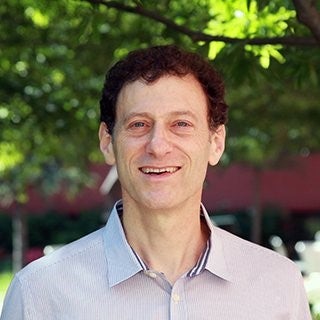
Dr. Josh Glazer

George Washington University, Associate Professor
Negotiation, Compromise, and Civic Capacity as Resources for Building a Coherent System of Teaching and Learning
February 7th, 2020
Lunch begins at 11:45 am
Talk from 12:00-1:00 pm
Benjamin Building 2121
The contemporary policy environment poses an extraordinarily difficult and complex set of demands for urban districts to contend with. They must meet a level of intellectual rigor represented by common core or common core aligned standards; they must manage the needs of a diverse student body with far ranging academic and social challenges; and they must cope with the realities of stringent accountability systems that press them to improve outcomes in short time periods. If that were not enough, district leaders must also compete for students, teachers, and legitimacy from non-traditional providers, including but not limited to charter operators. In this talk, I will present data from a three-year research project into the Shelby County iZone (Tennessee)—a subsystem within the larger district that has attempted to wrestle with these and other challenges, and that has received considerable attention for its record of success. The talk will focus on one particular aspect of leading such an enterprise: how to establish a system rooted in shared beliefs and practices in an environment where divergent ideas and theories have long existed. Discussion will present data and analysis showing that while the introduction of a common curriculum, extensive learning opportunities, and a system of monitoring has increased consistency and coherence, the iZone is continuously challenged by differing beliefs about student learning, differing conceptions of math instruction, and different interpretations of the State accountability system. I will argue that to establish coherent systems in incoherent environments district leaders must move away from traditional, top- down hierarchical approaches and, instead, engage in a process of negotiation and compromise that leads to a shared theory of instruction. Central to this conclusion is the idea that establishing “effective practice” is a social and political matter as much as it is a technical one, and as such requires structures where differing ideas and beliefs can be negotiated.